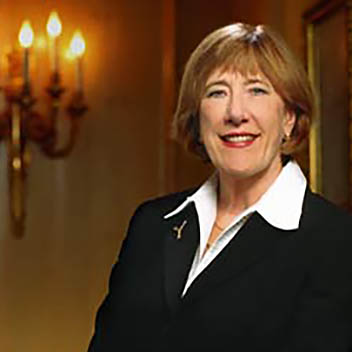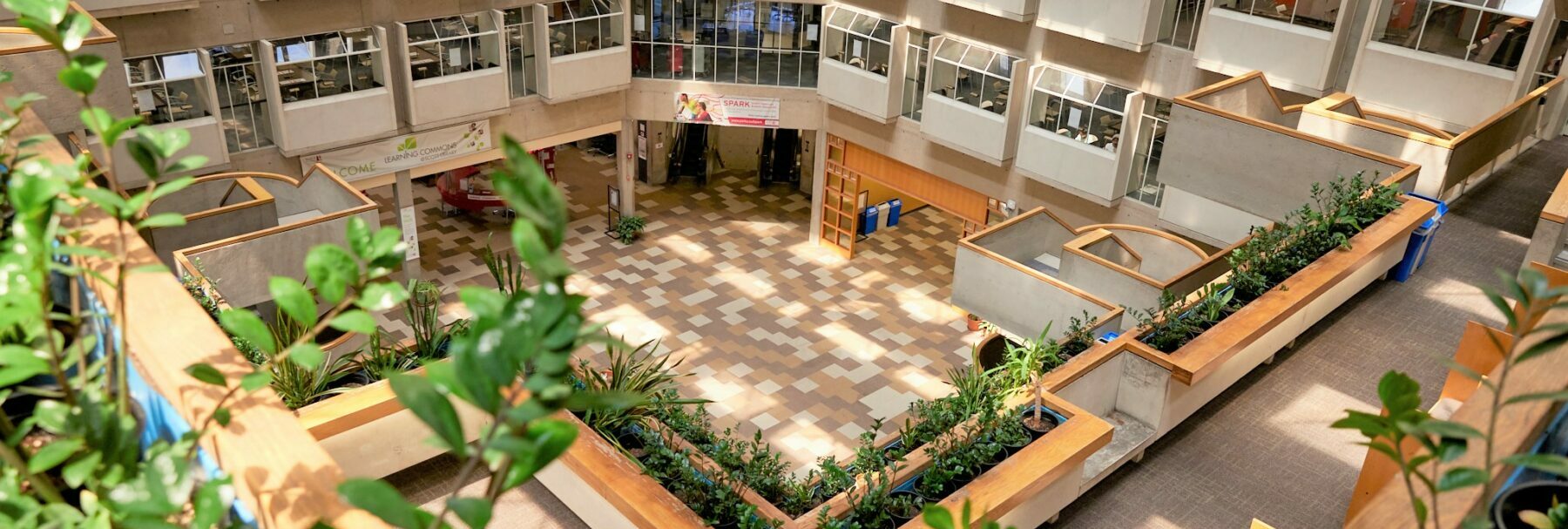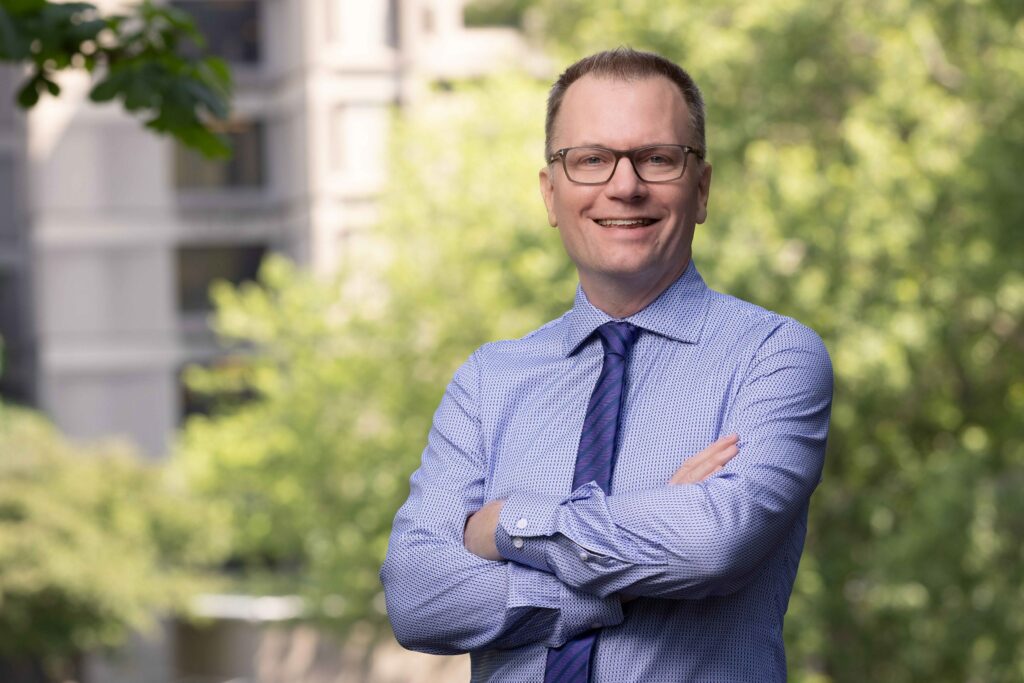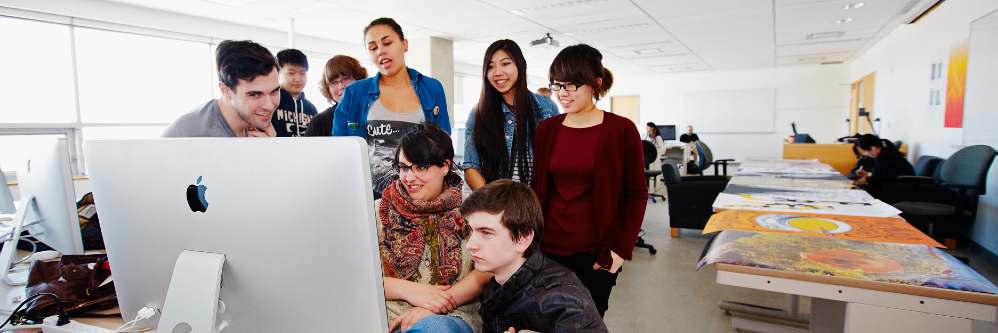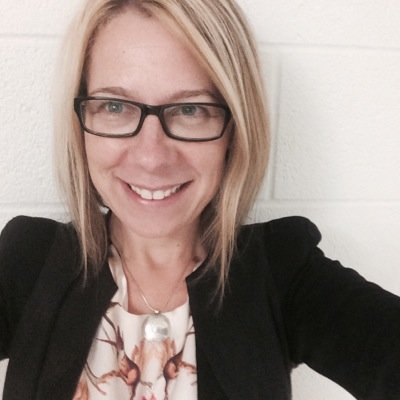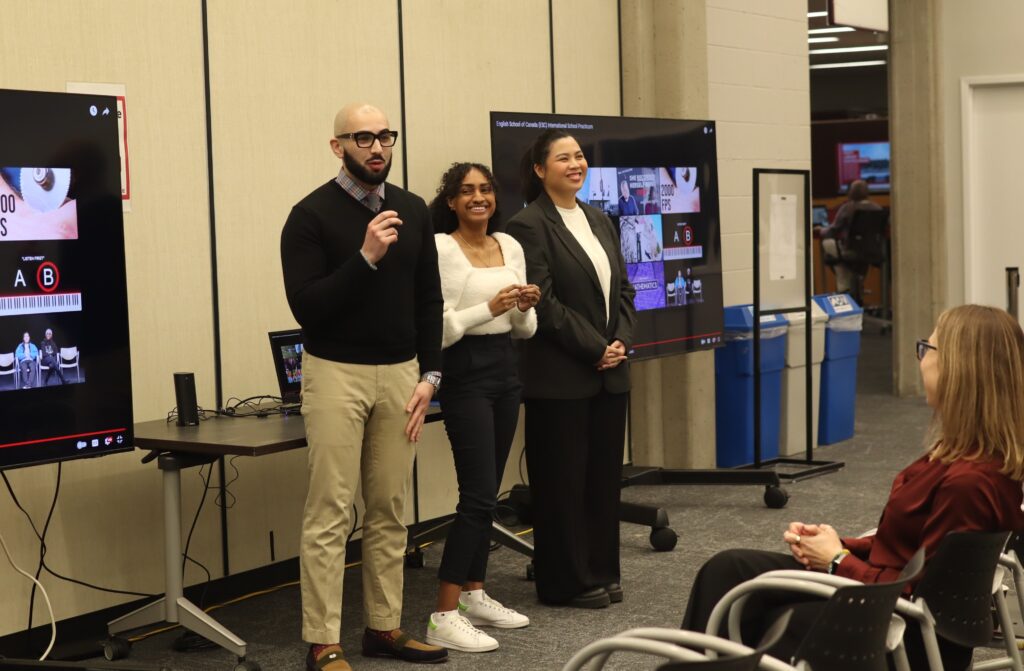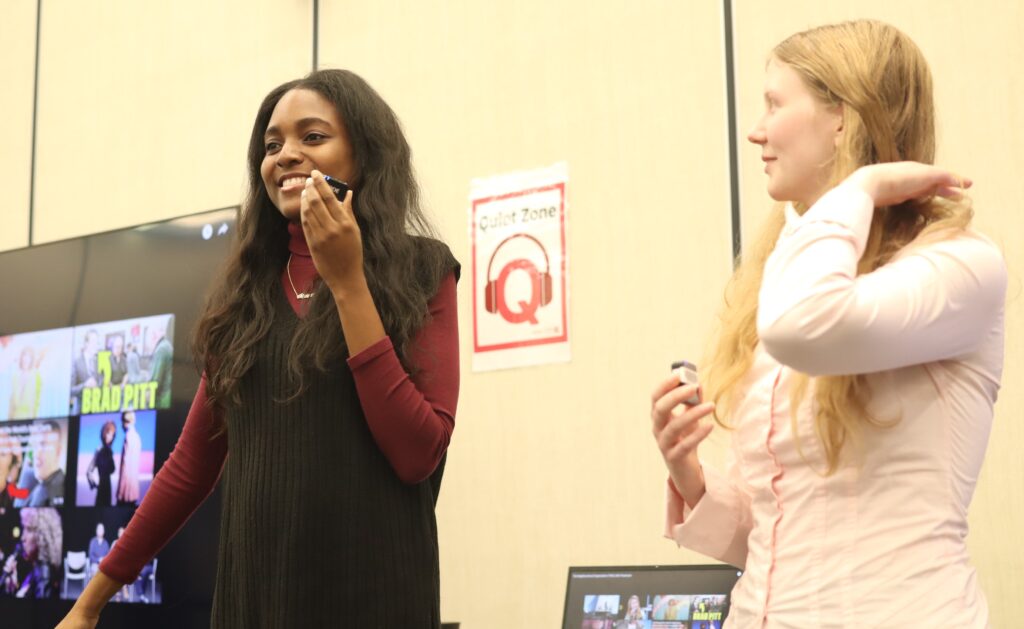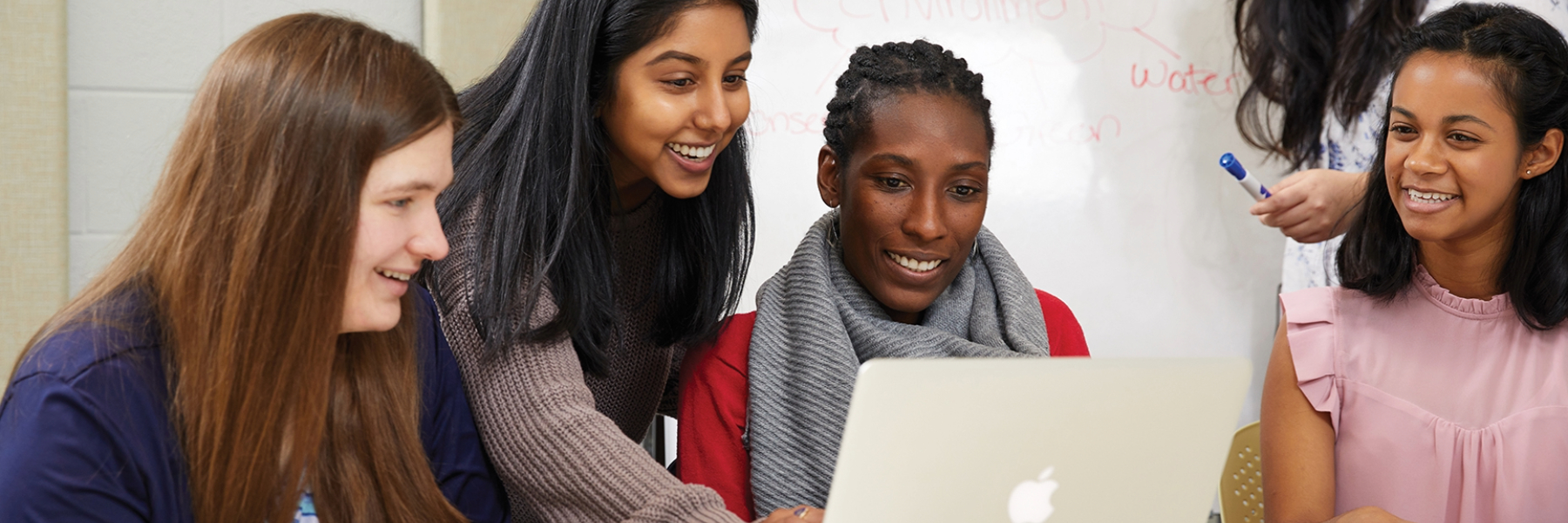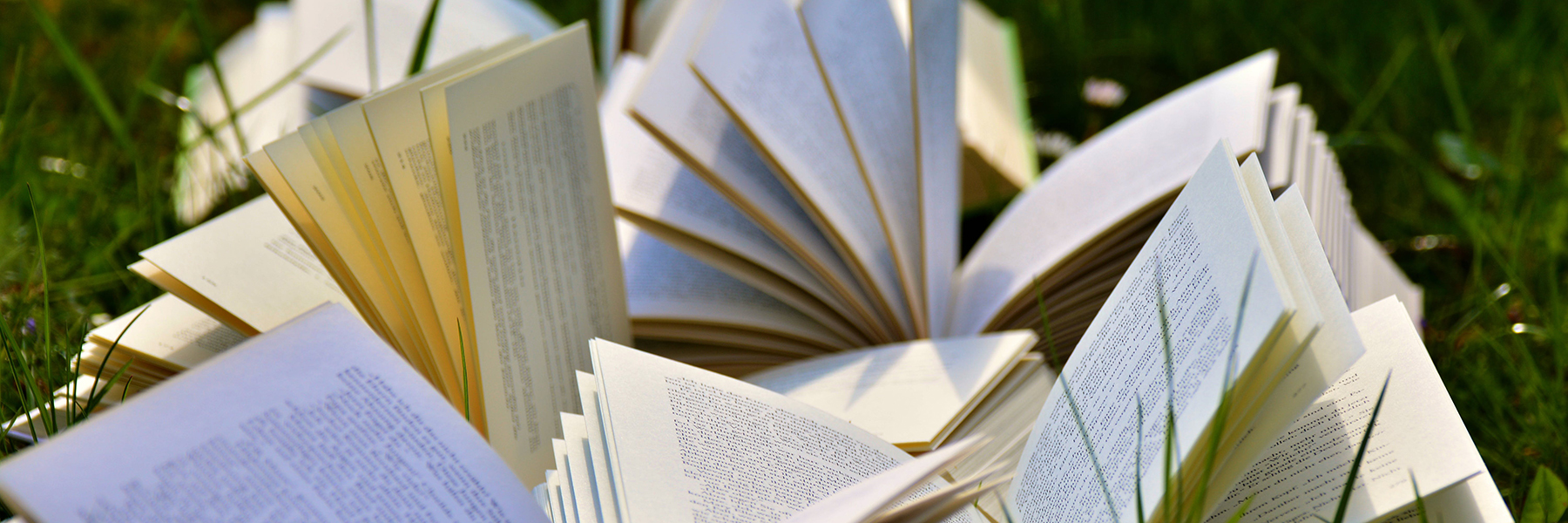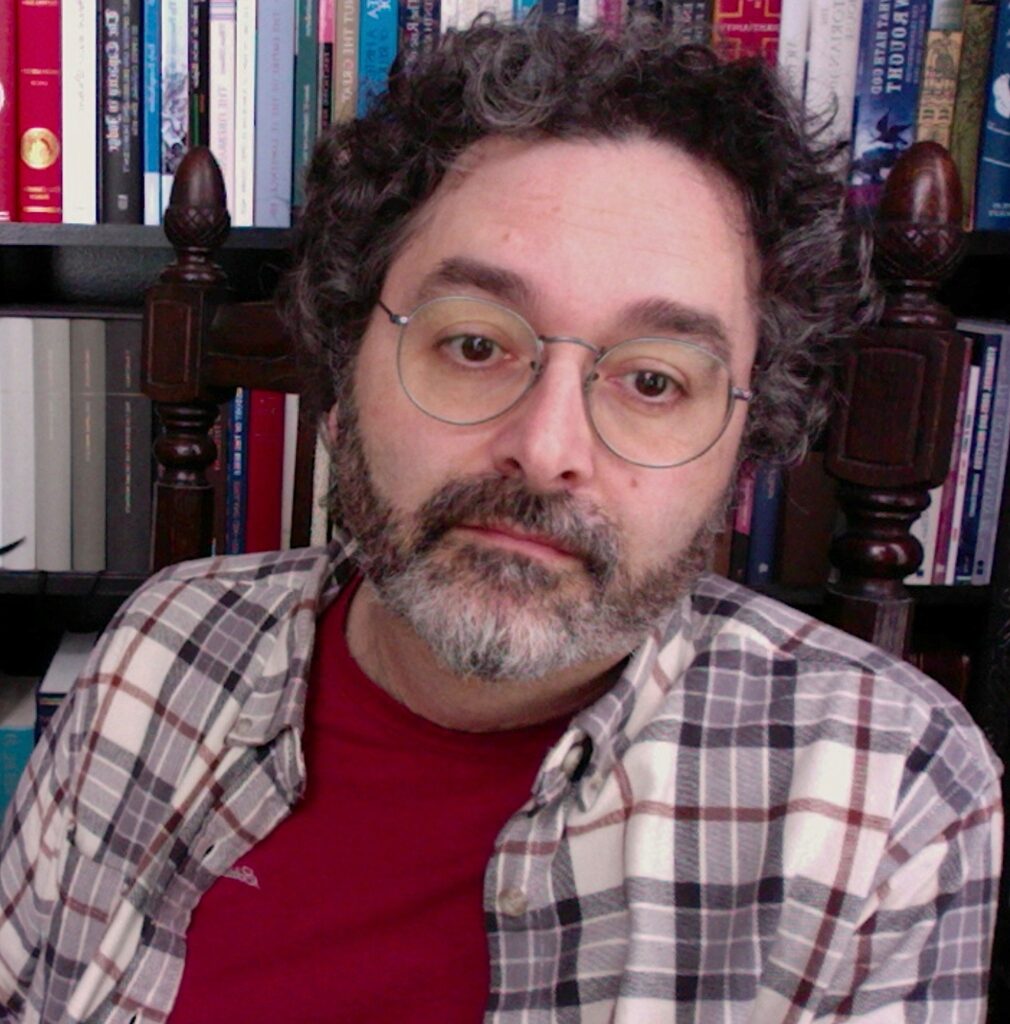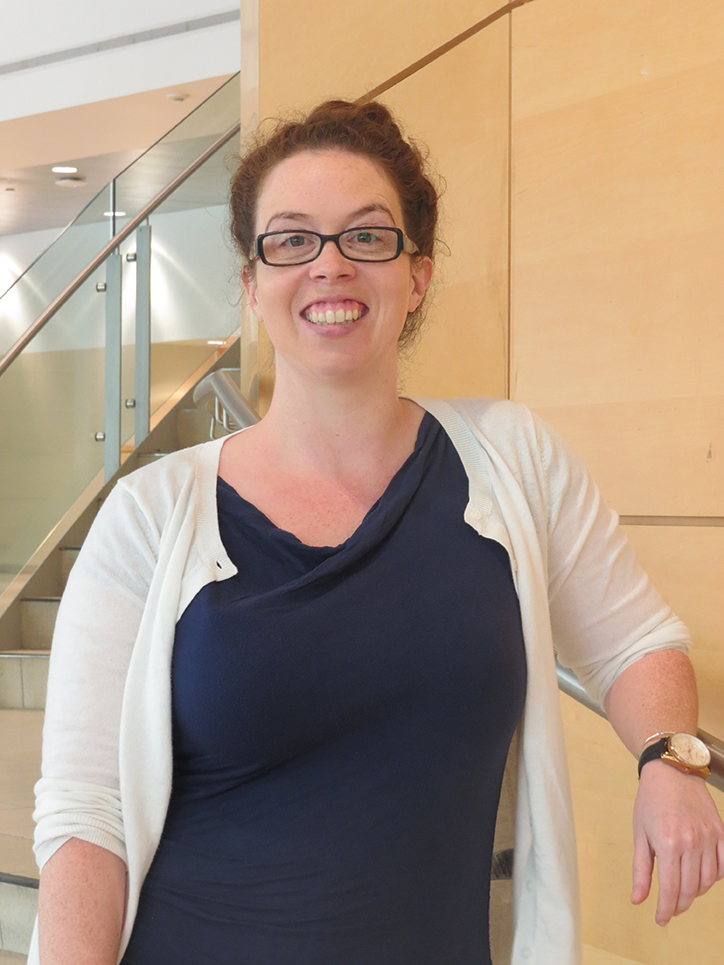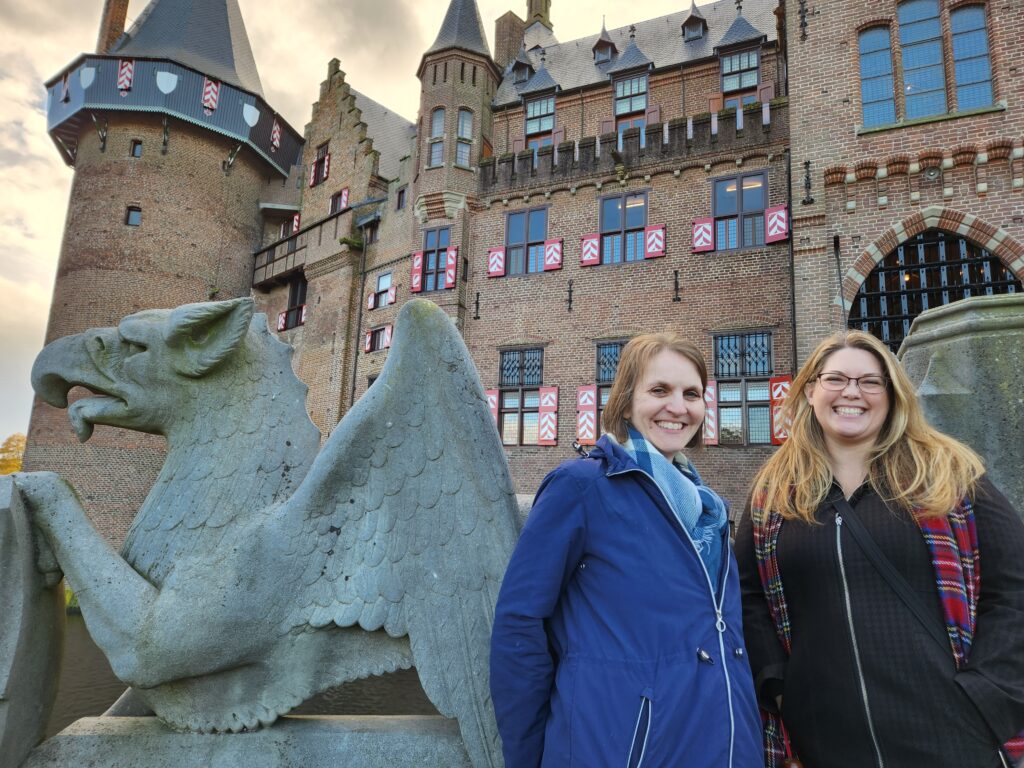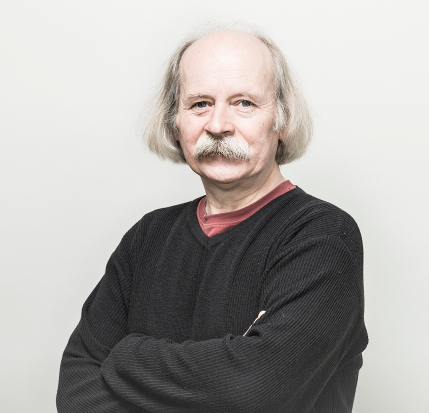York University faculty, postdoctoral researchers and graduate students are invited to participate in the York University Libraries’ Research Impact Challenge to learn how to increase the visibility and reach of their scholarly works.
From May 27 to 31, the Libraries will run five fully asynchronous challenges to help teach York researchers tips, strategies and methods to curate their online presence and make their research more discoverable to academic communities in their disciplines. Each challenge will take approximately 20 minutes to complete.
“Researchers at all stages of their career benefit from leveraging research visibility best practices for their publishing and self-promotion strategies,” says Andrea Kosavic, interim dean, York University Libraries. “By completing the five challenges in this event, researchers will have a number of strategies at their fingertips to improve the discoverability of their research.”
Each day, participants will be asked to learn about a specific research visibility topic and complete a short research task to support them in making their scholarly outputs easier to discover. For example, participants will learn about curating their online presence using researcher profiles such as ORCID iD, a tool that makes it easier to identify authors and contributors of scholarly communication. Additionally, participants will explore the value of open-access publishing, scholarly research repositories and how to leverage existing Libraries supports such as YorkSpace to make their research more discoverable.
“Studies show that publishing your research open access is an effective research visibility strategy,” says Kosavic, “as access to subscriptions privileges those who can afford to pay. Publishing open access ensures the global community has access to your research and can build upon your discoveries, which translates into citation and social media uptake advantages.”
The challenges will also cover traditional and alternative research metrics and will highlight the Libraries’ subscription databases that can help researchers gather specific types of metrics.
To participate in the challenge, researchers are asked to do the following:
- Step 1: sign-up for the challenge.
- Step 2: during the week of the challenge, keep an eye out for the daily email with information on the day’s task.
- Step 3: after completing each daily challenge, fill out the associated MS Form to be entered into a draw for a chance to win a set of Belkin wireless headphones or a prize of equivalent value.
“I’m thrilled about this engaging initiative that will allow our researchers to learn about strategies to help increase their research visibility, while also learning about specific tools and resources that can raise their profiles externally,” says Jennifer Steeves, associate vice-president research. “This will help increase awareness of the outstanding research being done by our colleagues at York.”






